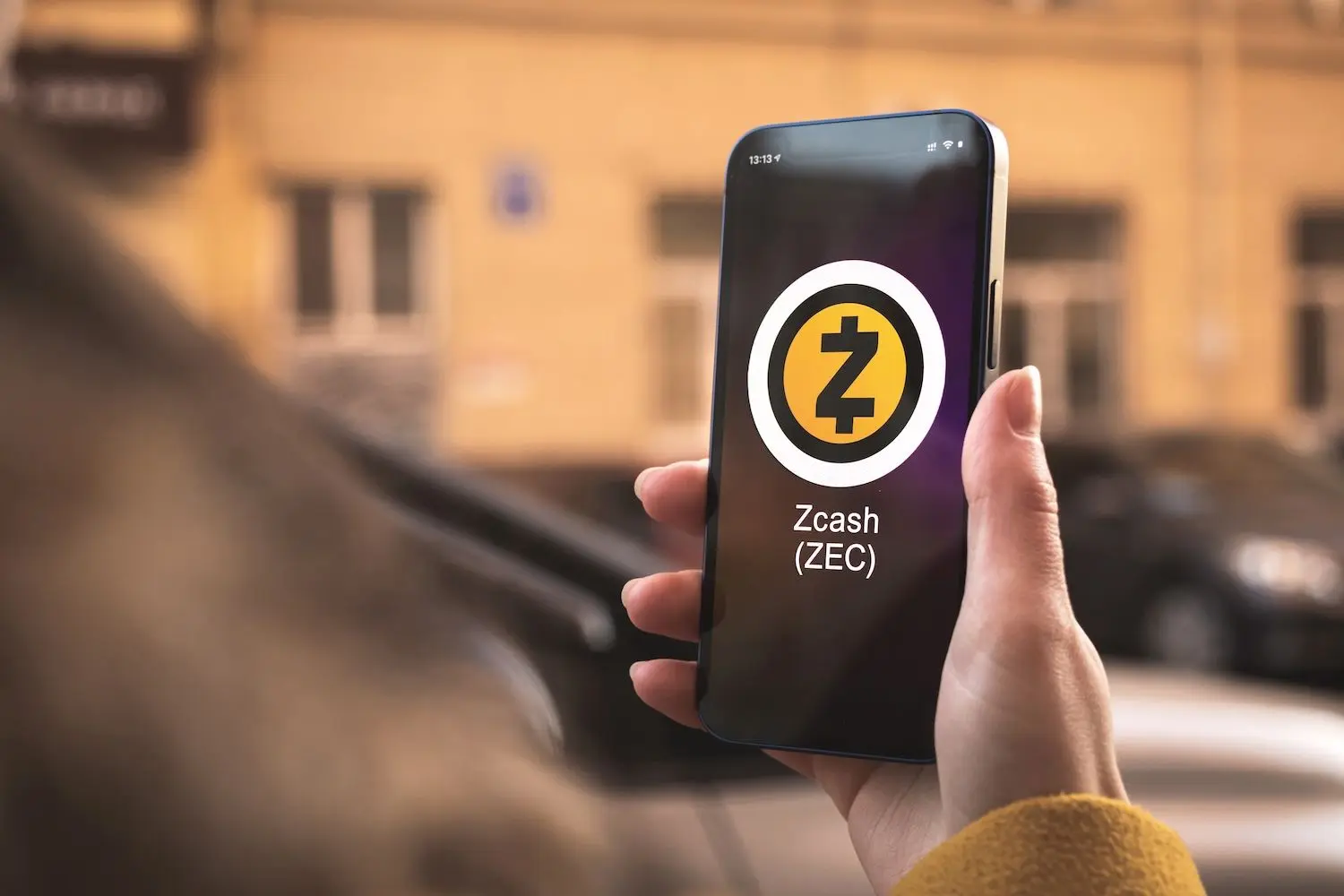Zcash has emerged as a focal point in cryptocurrency markets as analysts debate whether the privacy-focused digital currency could challenge Bitcoin's dominance, citing fundamental differences in transaction confidentiality that some experts view as critical to long-term viability in an increasingly surveillance-conscious financial landscape.
What to Know:
- Zcash shares Bitcoin's core economic structure with a 21 million token supply and similar halving schedule, but integrates zero-knowledge proof technology that allows fully shielded transactions
- Privacy advocate Edward Snowden identified Bitcoin's transparent blockchain as its "core flaw," warning the currency could fail as an electronic cash system due to its inability to provide anonymity
- Despite growing analyst confidence in Zcash's privacy advantages, Bitcoin maintains significant structural advantages through institutional adoption, liquidity, and integration into traditional financial systems
Privacy Features Drive Technical Divergence
Zcash operates on code derived from Bitcoin's original protocol, maintaining the same 21 million token cap that underpins Bitcoin's scarcity model. The similarities end there. Zcash employs zero-knowledge Succinct Non-Interactive Arguments of Knowledge, known as zk-SNARKs, which enable users to validate transactions without revealing sender identity, recipient information, or transfer amounts.
Bitcoin's blockchain functions as a permanent public record.
Every wallet address, transaction amount, and transfer remains visible indefinitely. This transparency has drawn criticism from privacy advocates who argue that financial confidentiality represents a fundamental component of functional currency systems.
Edward Snowden, the former intelligence contractor who exposed widespread government surveillance programs, characterized Bitcoin's privacy shortcomings as existential. "The core flaw with Bitcoin. The largest likelihood for why Bitcoin would fail in the long term, is because it's not private," Snowden said. "It is failing as an electronic cash system because cash is largely intended to be anonymous."
Analysts Project Shift in Market Leadership
Thor Torrens, responding to developer requests for Bitcoin privacy upgrades, argued the technical window for such modifications has closed. "It's too late for bitcoin. Privacy has to be baked in at the L1 it's not something you can just add later after the fact," Torrens wrote on X. "This is why Satoshi left. He knew this. This is what Zcash will take the number 1 spot and replace bitcoin."
Torrens drew an analogy between the two cryptocurrencies and internet protocols, comparing Bitcoin to unencrypted HTTP and Zcash to secure HTTPS.
He previously stated that Zcash represents Satoshi Nakamoto's original concept of private, peer-to-peer electronic cash.
Analyst Max Belfort framed Zcash as protection rather than speculation. "ZCash isn't a trade. It's a statement," Belfort said. "Bitcoin gave us freedom. ZCash protects it. If Bitcoin was the revolution, ZCash is the shield that keeps it alive." The analyst predicted privacy features would define the next phase of cryptocurrency adoption.
Understanding Key Cryptocurrency Concepts
Zero-knowledge proofs allow one party to prove possession of specific information without revealing the information itself. In Zcash's implementation through zk-SNARKs, validators can confirm transaction legitimacy while keeping transaction details confidential. This differs fundamentally from Bitcoin's validation model, where network participants verify transactions by examining complete transaction histories on the public blockchain.
Layer 1, often abbreviated as L1, refers to a blockchain's base protocol. Changes to this fundamental architecture require consensus across the entire network and become increasingly difficult as the network grows and ossifies. Privacy features added to Bitcoin would likely function as Layer 2 solutions built atop the base protocol rather than modifying the core blockchain itself.
Bitcoin's designation as "digital gold" stems from its fixed supply and growing recognition as a store of value rather than a medium of exchange. Institutional investors, from publicly traded companies to investment funds, have allocated billions to Bitcoin. This adoption has occurred despite, or perhaps because of, the transparency that privacy advocates criticize.
Market Realities Temper Replacement Scenarios
Bitcoin has spent over a decade establishing itself as the cryptocurrency market's foundation. Institutional adoption continues to accelerate. The transparency that Snowden and others view as weakness provides auditability that appeals to regulated entities and government oversight bodies.
Zcash addresses legitimate privacy concerns and offers technical capabilities Bitcoin lacks.
Yet replacing an entrenched asset with established liquidity, recognition across global markets, and integration into traditional financial infrastructure presents challenges beyond technical superiority. The debate over which approach better serves cryptocurrency's future remains unresolved.



